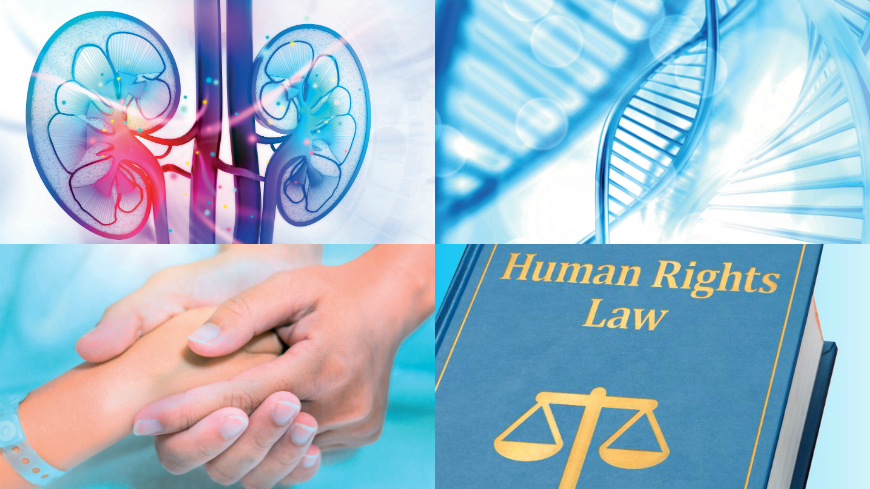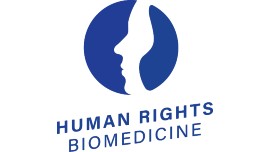At an international conference organised by the Council of Europe and the Ministry of Health of the Russian Federation, ethical, legal and health professionals, together with representatives of relevant authorities, agreed on the need for more experience-sharing, co-operation and public dialogue to ensure better protection of human rights in the biomedical field. The conference was part of the celebrations of the 20th anniversary of Russia’s membership of the Council of Europe.
The participants called for synergies between the protection of human rights and the promotion of medical and scientific progress, particularly in the process of organ donation and transplantation. The need to improve the relevant legal framework was also mentioned.
Promoting organ donation and transplantation is a necessity. But protecting fundamental rights of donors and recipients is a requirement and the only way to fight organ trafficking, as highlighted in the conclusions.
The conference was the occasion for Russia to present its new draft law on organ donation and transplantation which takes into account the Convention on Human Rights and Biomedicine and its Additional Protocols concerning transplantation of organs and tissues. The current legislative process should pave the way for future accession by Russia to these Council of Europe instruments, which ensure respect for human rights in this challenging medical area. Furthermore, the Russian authorities confirmed their willingness to contribute to the fight against organ trafficking.
The importance of free and informed consent of the donor, including for deceased donation, has been emphasised. It is equally important, wherever relevant, to keep a record of objections in an up-to-date, centralised register that should be consulted by medical professionals.
A strong call for better education and training was also made, in order to ensure the effective implementation of the legal requirements and safeguards enshrined in the relevant international conventions and domestic law. The Council of Europe therefore plans to develop within its pan-European HELP programme, a new training course on bioethics for both legal and health professionals.
Among key participants:
- Ms Veronica I. Skvortsova, Minister of Health, Russian Federation
- Mr Philippe Boillat, Director General, Directorate General of Human Rights and the Rule of Law, Council of Europe
- Mr Daniel Tarschys, former Secretary General of the Council of Europe and former Chair of the Swedish national council on medical ethics (SMER), Professor of Political Science at Stockholm University, Sweden





